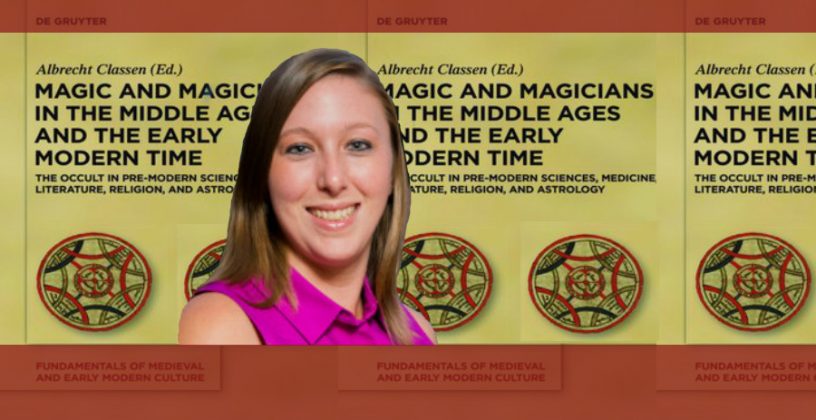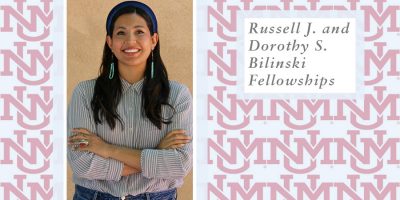Dalicia Raymond recently published an essay in Magic and Magicians in the Middle Ages and Early Modern Time: The Occult in Pre-Modern Sciences, Medicine, Literature, Religion, and Astrology. Raymond’s essay, titled, “Motives, Means, and a Malevolent Mantel: The Case of Morgan le Fay’s Transgressions in Sir Thomas Malory’s Le Morte Darthur” discusses one of the most notorious female magical practitioners in medieval literature, Morgan le Fay. In Raymond’s abstract, she states,
While [Morgan le Fay’s] use of magic often shapes her as an empowered woman in Arthurian narratives, it also frequently excludes her from Arthurian society and makes her into an Other. Thomas Malory’s construction of Morgan le Fay in Le Morte Darthur vilifies Morgan le Fay for her female acquisition and adaptation of male power sources and structures in order to accomplish tasks traditionally only acceptable for men to perform. This transgressive power demonstrated by Morgan le Fay positions her as a threat to Arthur, Arthur’s court, and the traditional power structures of courtly society, thus resulting in her being negatively portrayed in texts despite and because of her motivations being comparable to those of male chivalric characters while she feminizes the means by which she strives to accomplish her goals. Through a comparison of Morgan le Fay’s motives for her actions against Arthur in the “Of Nenive and Morgan le Fay” section of Le Morte Darthur with the motives of knights who attempt or complete similar actions it is seen that Morgan le Fay has masculine motives, but an examination of her means for acting reveals a mix of traditionally feminine means, traditionally masculine means, and transgressive feminized-masculine means. Underlying Morgan’s methods is a direct or indirect reliance on magic which complicates a simplified gendered classification of means because of the uniqueness of magic to the practitioner as well as magic’s inherent resistance to classification. Morgan le Fay’s refusal to adhere to the feminine means allowed to her by Arthurian society becomes a more powerful and threatening figure as her employment of feminized-masculine means reveals the potential flexibility and weakness in the dichotomous structure established between females and males in Arthurian society.




